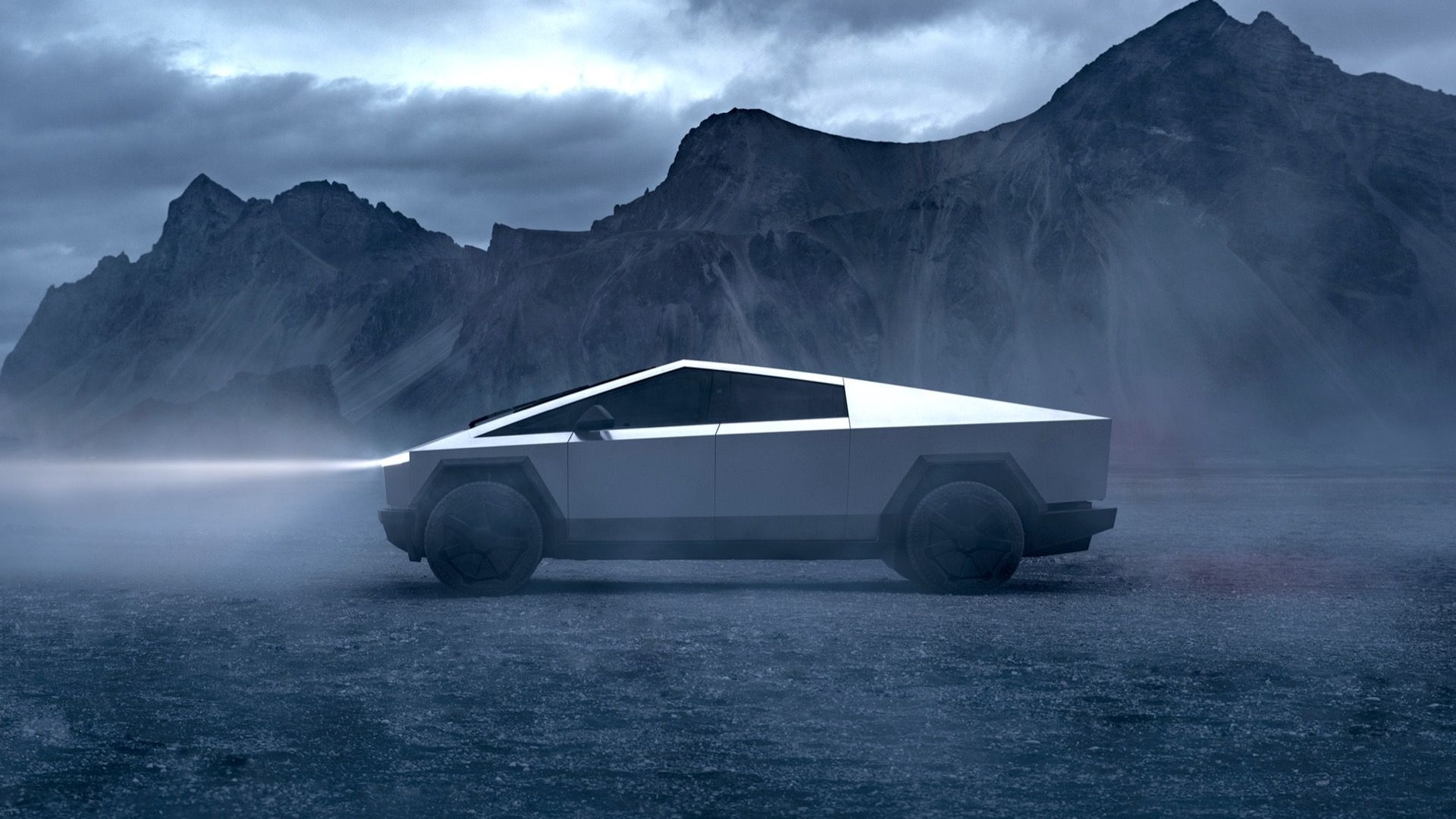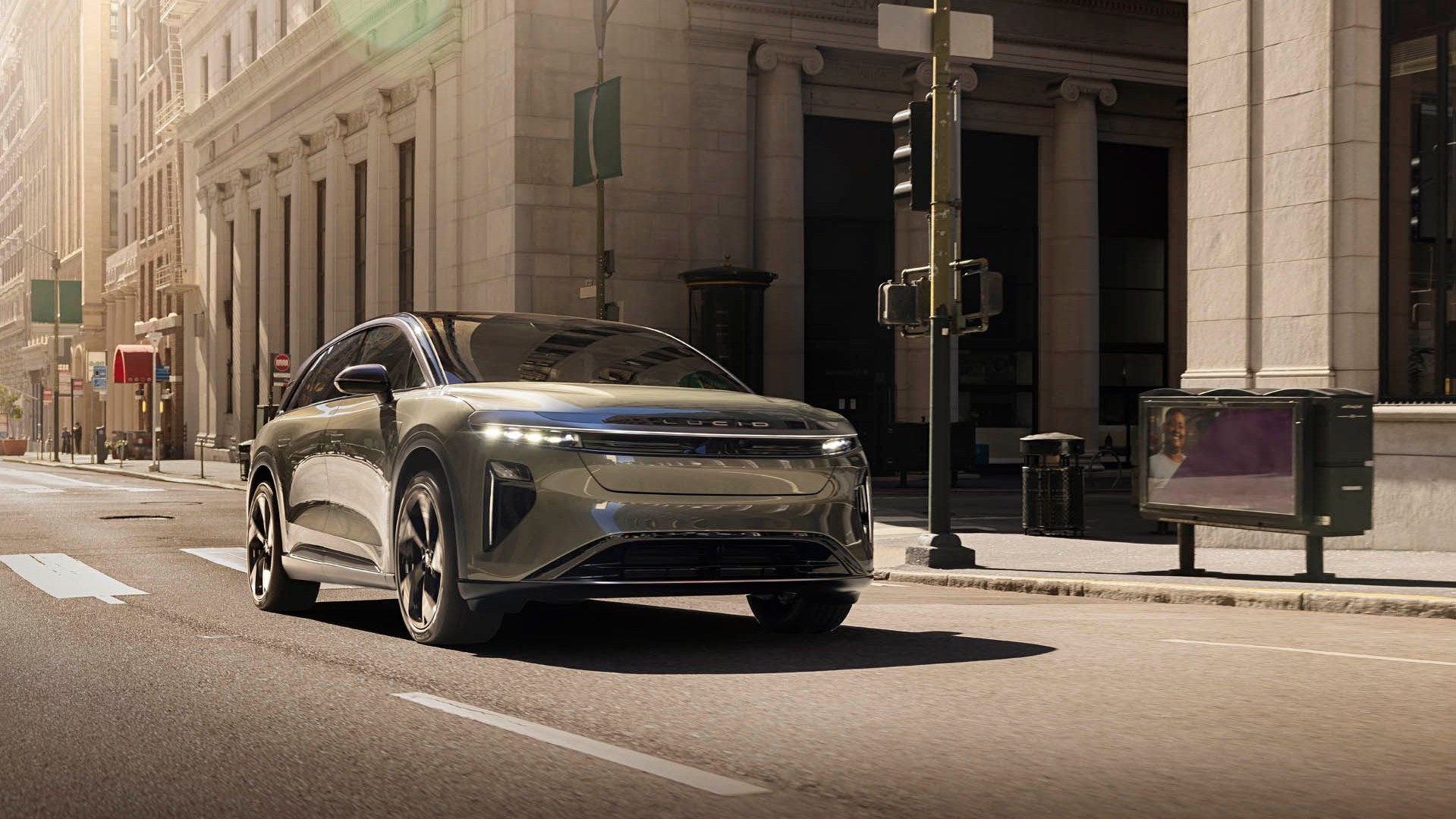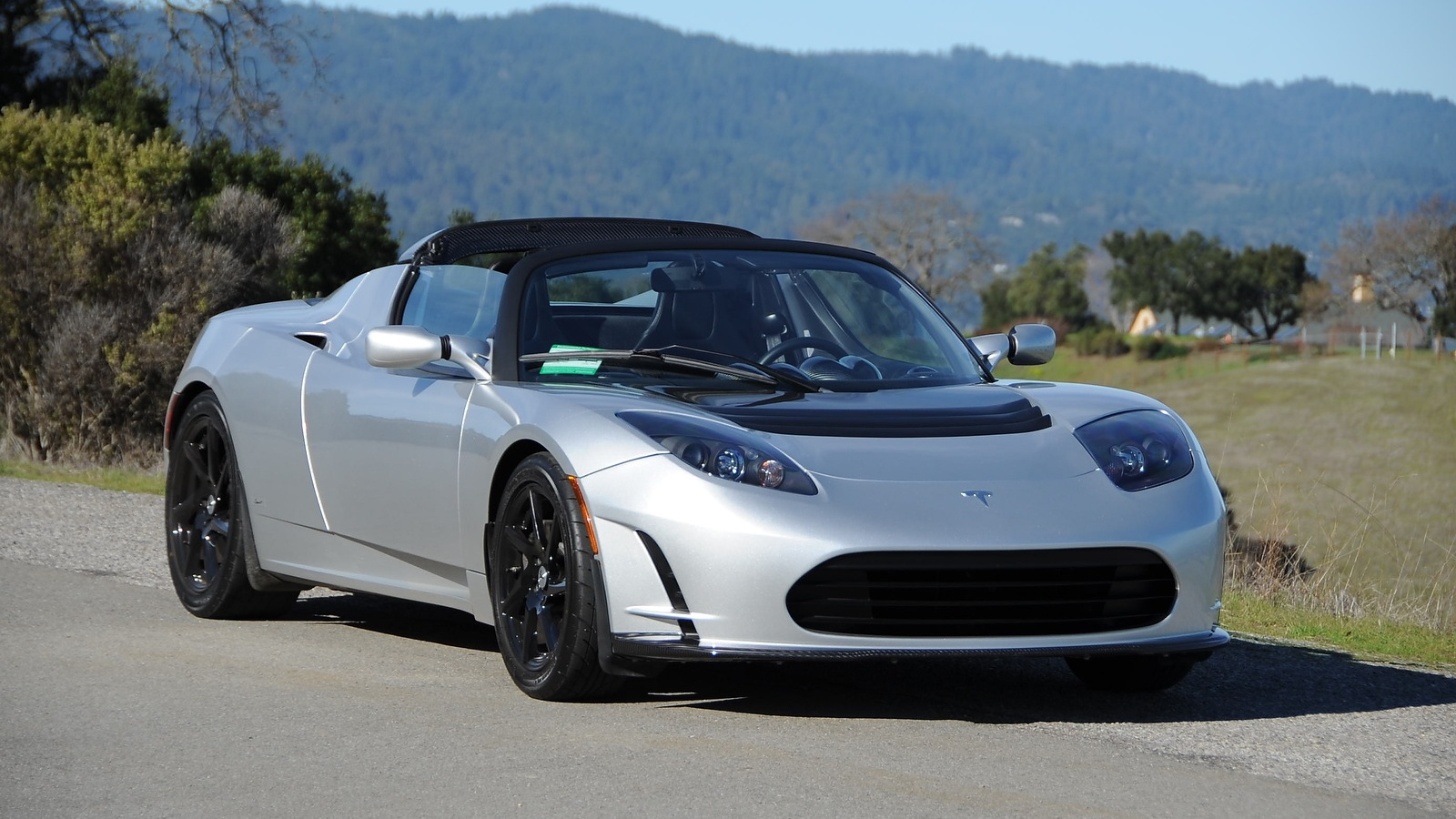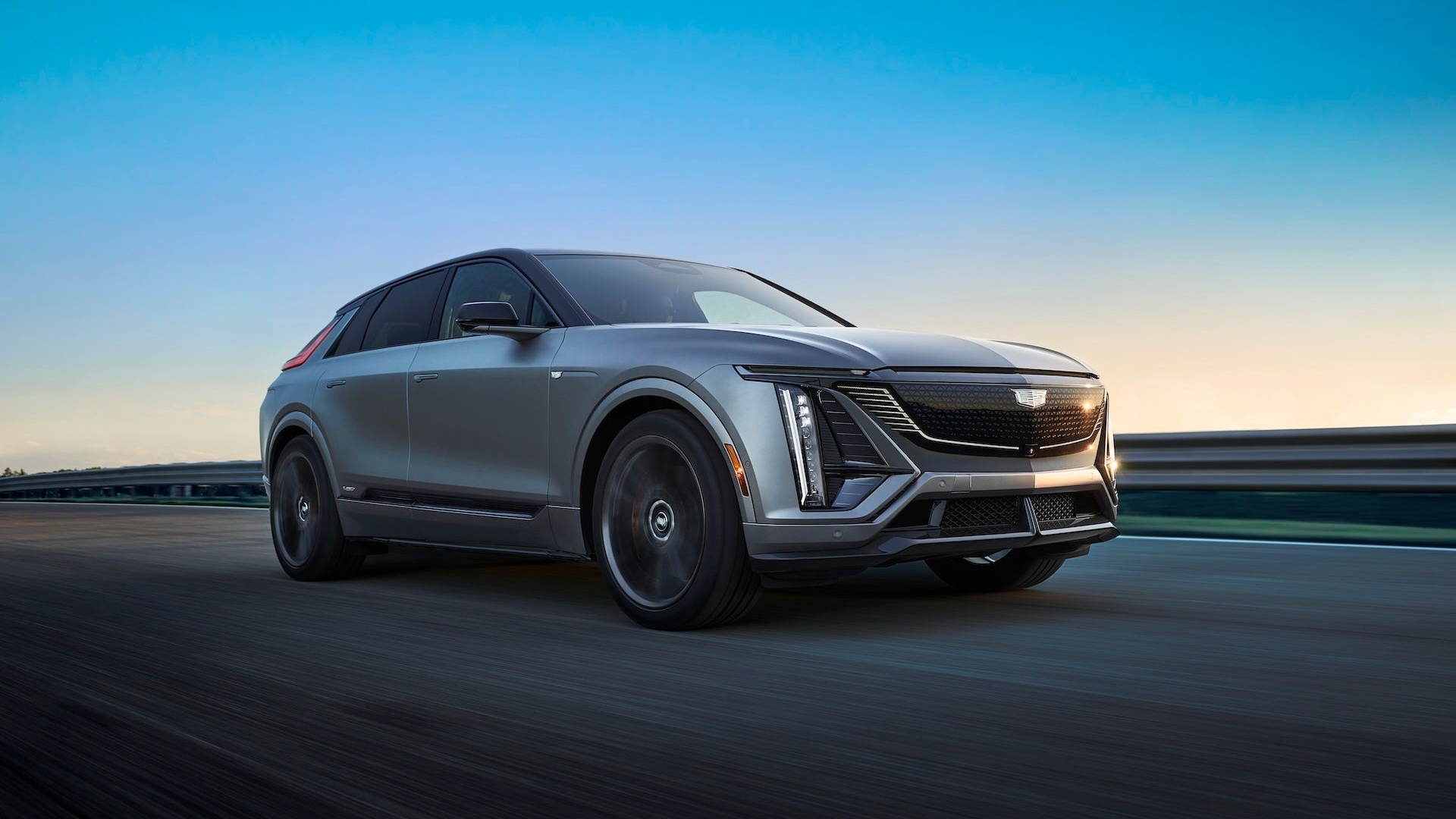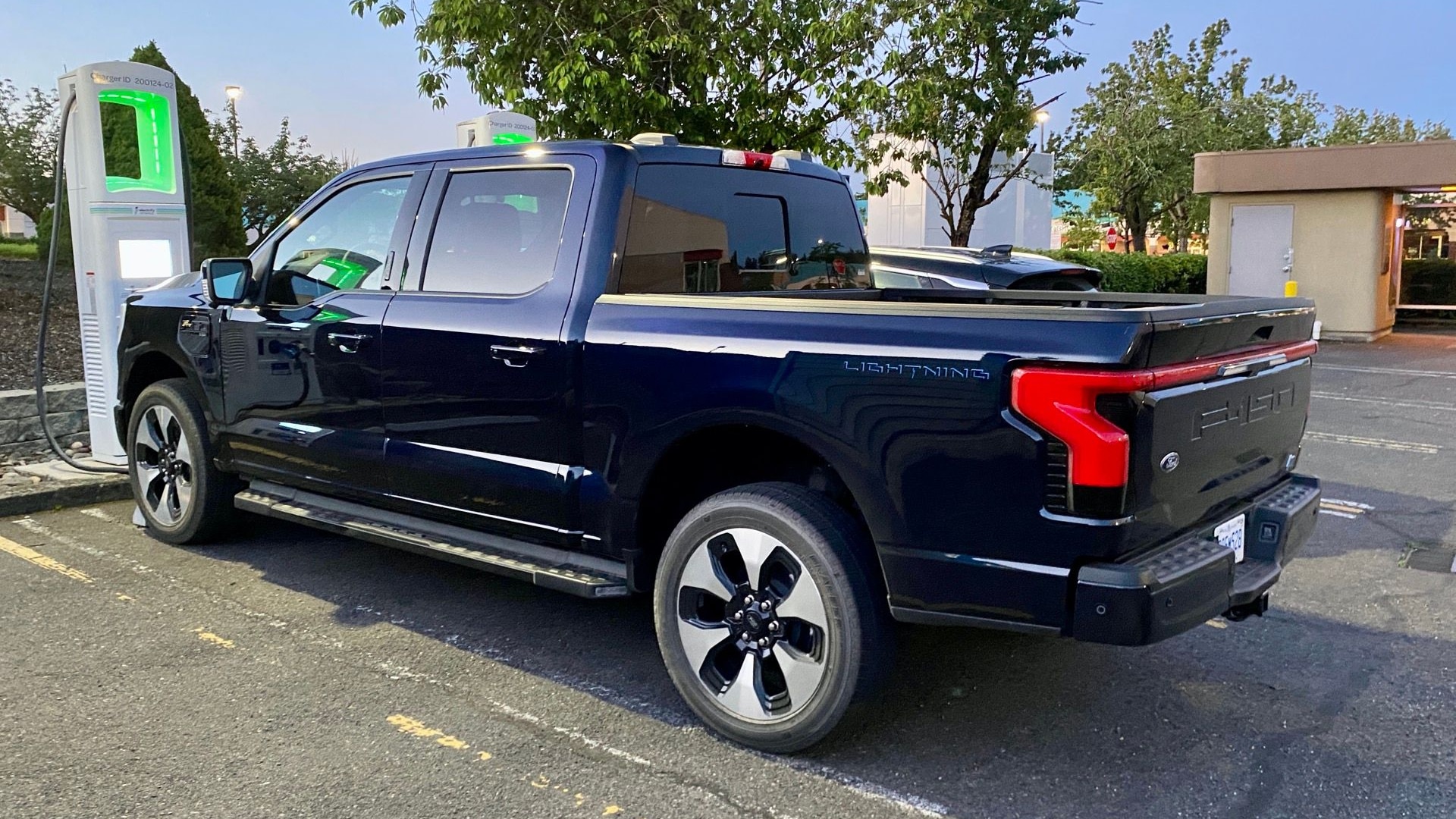Some biofuels, like biogas from landfills—or synthetic methane—are attractive for use in vehicles as they have a potentially low energy cost to produce. They also have lower criteria emissions, of the sort that affect human health and cause smog.
These engines should easily be cross-compatible with those using compressed natural gas (CNG). Up until now, however, passenger-car engines haven’t been optimized for these fuels (even natural gas, in most cases) and those designed to burn these fuels have often been adapted versions of gasoline engines, with some traits of diesels added.
As a result, gaseous-fuel-burning engines have lagged gasoline engines in thermal efficiency, despite their potential to do better than gasoline.

Tech talk-through for gaseous-fuels emissions reduction
That was the subject of a $26 million EU project called Gas On. The four-year project just concluded in March, with more results revealed in May. The goal was to design a gas-only internal combustion engine that reduced carbon-dioxide emissions (and thus fuel consumption) by 20 percent compared to best-in-class 2014 vehicles using compressed natural gas (CNG), with a “gasoline-like vehicle driving range.”
Aiming to step up efficiency for light vehicles
The project included a consortium of 20 members, including Volkswagen Group, Ford, Renault, and Fiat, and it sought innovative concepts for direct injection, ignition, and boosting systems, advanced exhaust aftertreatment, and systems that detect the gas composition and quality.
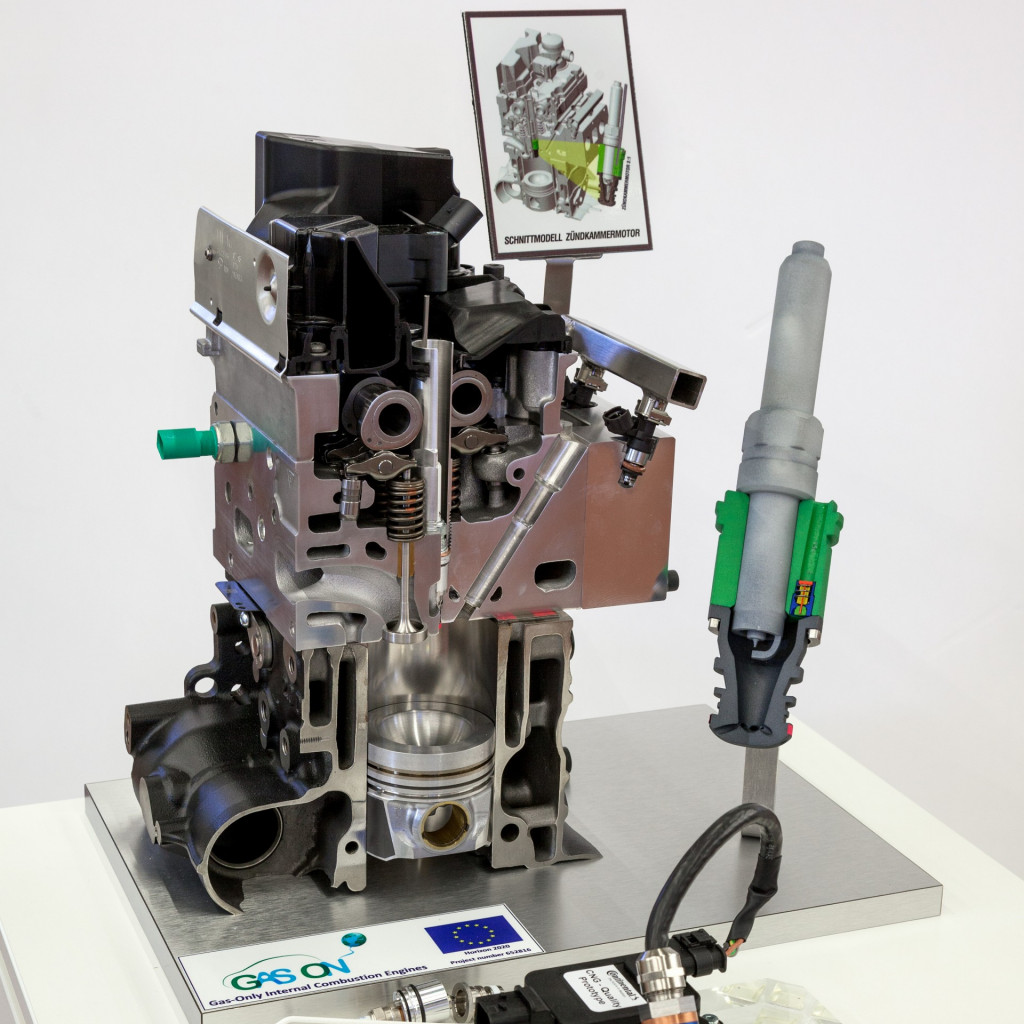
Volkswagen Group Lean CNG Combustion Concept
The best engine achieved the targeted 20-percent reduction in fuel consumption (based on WLTP-cycle calculations for a mid-size passenger car), with a peak efficiency of more than 45 percent and more than 40 percent efficiency reached over a wide operating range.
The efficiency gains are a step in the right direction, if the technology ever stands a chance, as gasoline development keeps nudging efficiency upward, battery electrics catch on, and energy experts continue to point to larger utility-scale power production as the best hope for these gaseous fuels.
Could be a hard sell for consumers, companies
With major gains for gasoline engines on one side, and growing momentum around electric vehicles on the other side, the industry faces some challenges for deploying biogas vehicles on any large scale.
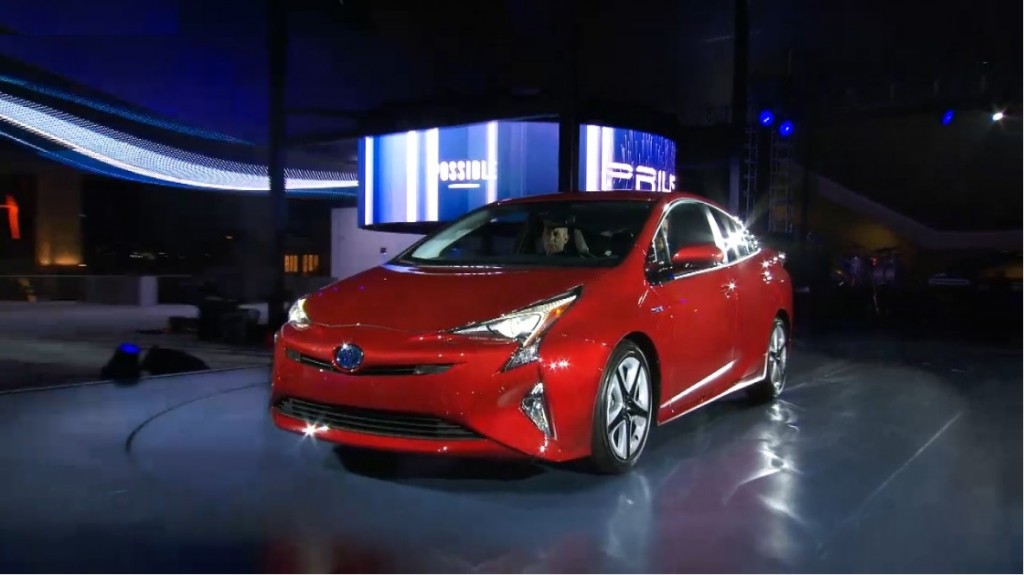
2016 Toyota Prius Unveiling
The arrival of the fourth-generation 2016 Prius signalled the latest round of improvements for gasoline engines, as Toyota claimed a 40-percent thermal efficiency for its engine. The Hyundai Ioniq and Kia Niro that soon followed also claimed 40 percent. And now the Dynamic Force Engine that’s being installed in the new Camry and RAV4, among others, is rated at 40 percent in standard versions and 41 percent in hybrids.
Hyundai is reportedly targeting 50 percent for at least one next-generation engine. Meanwhile Mazda has claimed a thermal efficiency of up to 44 percent for its Skyactiv-X engine, which is likely to come to the U.S. in the next year or two, and it anticipates—from some reports—an efficiency in the range of as high as 56 percent for the next generation of its Skyactiv gasoline technology.
Better used for power generation?
Thermal efficiency is directly related to fuel economy and emissions and, simply put, how much work is produced from the fuel energy input. Natural-gas powered plants, while controversial at times, can already approach 60 percent efficiency.

2012 Honda Civic Natural Gas
Real-life use is also an important point. According to the EPA, EVs actually convert 59 to 62 percent of grid energy to power at the wheels, but typical internal combustion engines convert 17-21 percent. For some of those hybrids with the most efficient engines, the total-vehicle figure may be close to 30 percent today.
While the official part of the Gas On project is over, the next step will be for the automakers to conduct some real-world testing with fleets—echoing what happened about a decade ago when the last round of light-duty natural-gas vehicles, like the Honda Civic Natural Gas.
With electric cars more widely seen as a future replacing internal combustion gasoline tech, it’s going to be an even tougher argument this time around.




